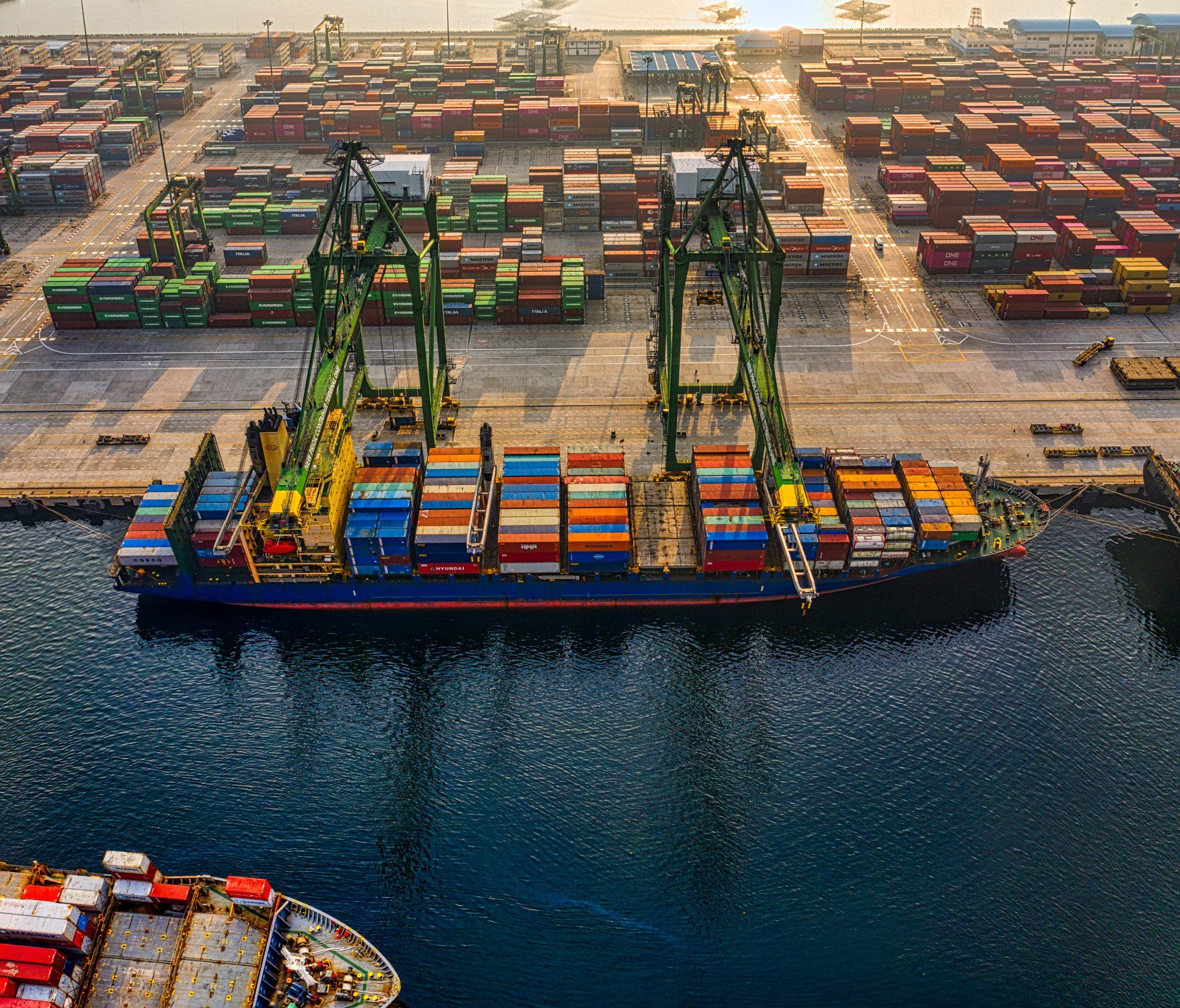Follow Us
23 Berkeley Square, London
United Kingdom, W1J 6HE
+44 207 0997 998
trade@koyo.network
11 November 2023
Problems faced by B2B Commodity Buyers
Checklist for commodity buyers
Problems Faced by Commodities Buyers:
- Supply Chain Disruptions: Commodities buyers often face challenges due to disruptions in the supply chain, caused by factors such as geopolitical tensions, natural disasters, or transportation issues.
- Quality Assurance: Ensuring consistent quality across large volumes of commodities is a significant challenge. This includes concerns about adulteration, contamination, or products not meeting specified standards.
- Price Volatility: Commodities prices can be highly volatile due to various factors, including demand-supply imbalances, currency fluctuations, and geopolitical events.
- Regulatory Compliance: Different countries have varying regulations concerning import/export, quality standards, and labeling. Navigating these can be complex and time-consuming.
- Storage and Logistics: Proper storage is crucial for many commodities to prevent spoilage or degradation. Logistics, especially for perishable goods, can be challenging.
- Contractual Issues: Disputes related to contracts, such as payment terms, delivery schedules, or quality specifications, can arise.
- Lack of Transparency: There might be a lack of clarity about the origin of the commodity, its journey through the supply chain, or the practices of producers.
- Currency Risks: Dealing with suppliers or buyers in different currencies can expose commodities buyers to currency exchange risks.
- Geopolitical Risks: Political instability or changes in trade policies in producer or consumer countries can impact commodity trade.
- Sustainability Concerns: With a growing emphasis on sustainability, buyers face challenges in ensuring that the commodities are sourced ethically and sustainably.
Ready to Join the Smart Trade Network?
© 2025
All rights reserved by Koyo Ltd











